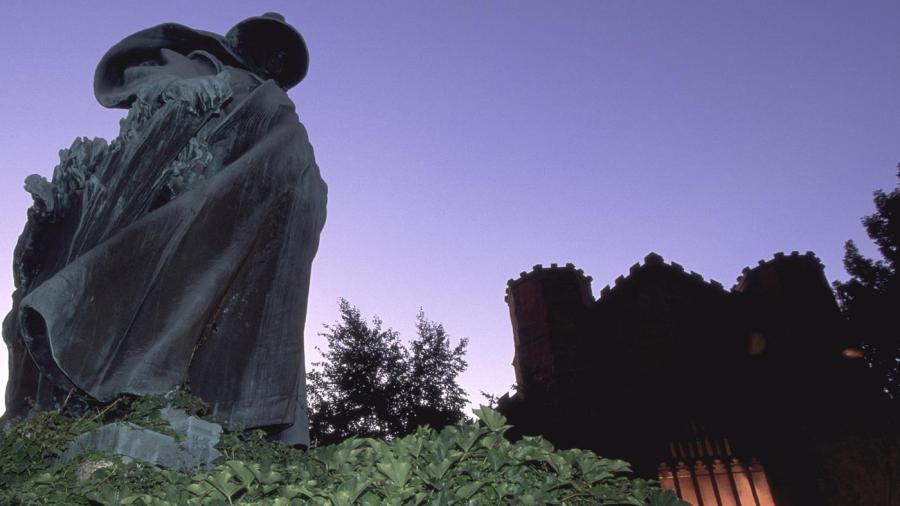Why Were Women Accused of Witchcraft?

Religious hysteria, rye poisoning, social and cultural rebellion and conspiracy have all been blamed for witch hunts throughout history. Those accused of witchcraft were typically women who lived alone and just outside primary social circles, which were dictated by religion.
Women who lived independently often earned livings as midwives or as healers. Religious zealots often mistook the potions and natural remedies they brewed as magical or spellbinding because their powers were so mysterious and superseded those of God. As a result, religious leaders felt their authority threatened. Likewise, those who felt no need to be part of the extreme religious movements that took place throughout Europe and the American colonies rebelled. As a result of their refusal to be affiliated with the church, they were accused of being in cahoots with Satan.
It is even thought that the hysteria that caused the Salem witch trials, in particular, may have been the direct result of rye poisoning, which causes symptoms similar to those described by many of the accusers. Sometimes people also simply conspired against those with whom they felt they had some sort of vendetta. Because there was little anyone could do to disprove that a woman was a witch, it was a prime way to eliminate foes.





